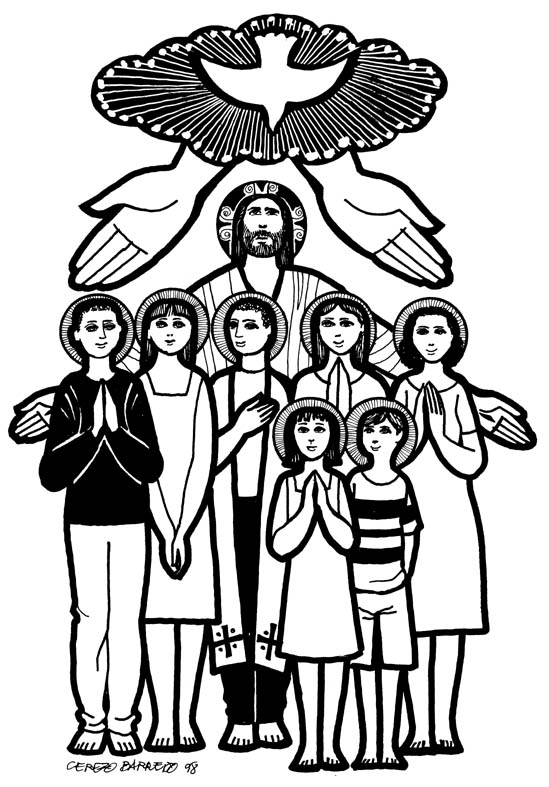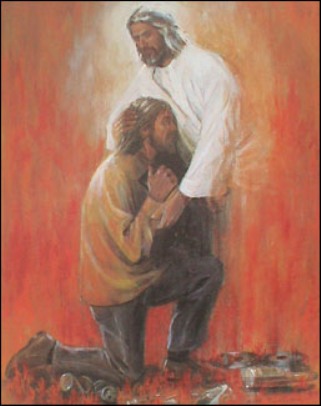A sermon by Saint Bernard, abbot.
 |
|---|
Why
should our praise and glorification, or even the celebration of this
feast day mean anything to the saints? What do they care about earthly honors when their heavenly Father honors them by fulfilling the
faithful promise of the Son? What does our commendation mean to them?
The saints have no need of honour from us; neither does our devotion add
the slightest thing to what is theirs. Clearly, if we venerate their
memory, it serves us, not them. But I tell you, when I think of them, I
feel myself inflamed by a tremendous yearning.
Calling the saints to mind inspires, or rather arouses
in us, above all else, a longing to enjoy their company, so desirable
in itself. We long to share in the citizenship of heaven, to dwell with
the spirits of the blessed, to join the assembly of patriarchs, the
ranks of the prophets, the council of apostles, the great host of
martyrs, the noble company of confessors and the choir of virgins. In
short, we long to be united in happiness with all the saints. But our
dispositions change. The Church of all the first followers of Christ
awaits us, but we do nothing about it. The saints want us to be with
them, and we are indifferent. The souls of the just await us, and we
ignore them.
When we commemorate the saints we are inflamed with
another yearning: that Christ our life may also appear to us as he
appeared to them and that we may one day share in his glory. Until then
we see him, not as he is, but as he became for our sake. He is our head,
crowned, not with glory, but with the thorns of our sins. As members of
that head, crowned with thorns, we should be ashamed to live in luxury;
his purple robes are a mockery rather than an honour. When Christ comes
again, his death shall no longer be proclaimed, and we shall know that
we also have died, and that our life is hidden with him. The glorious
head of the Church will appear and his glorified members will shine in splendor with him, when he forms this lowly body anew into such glory
as belongs to himself, its head.
Therefore, we should aim at attaining this glory with a
wholehearted and prudent desire. That we may rightly hope and strive
for such blessedness, we must above all seek the prayers of the saints.
Thus, what is beyond our own powers to obtain will be granted through
their intercession.



